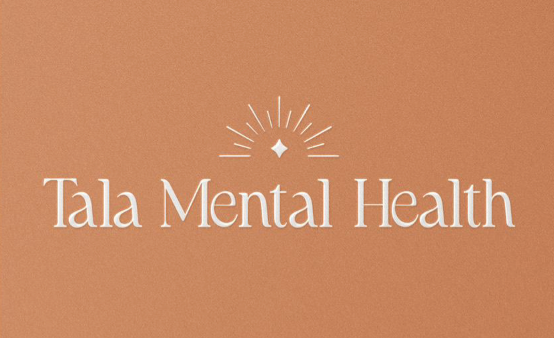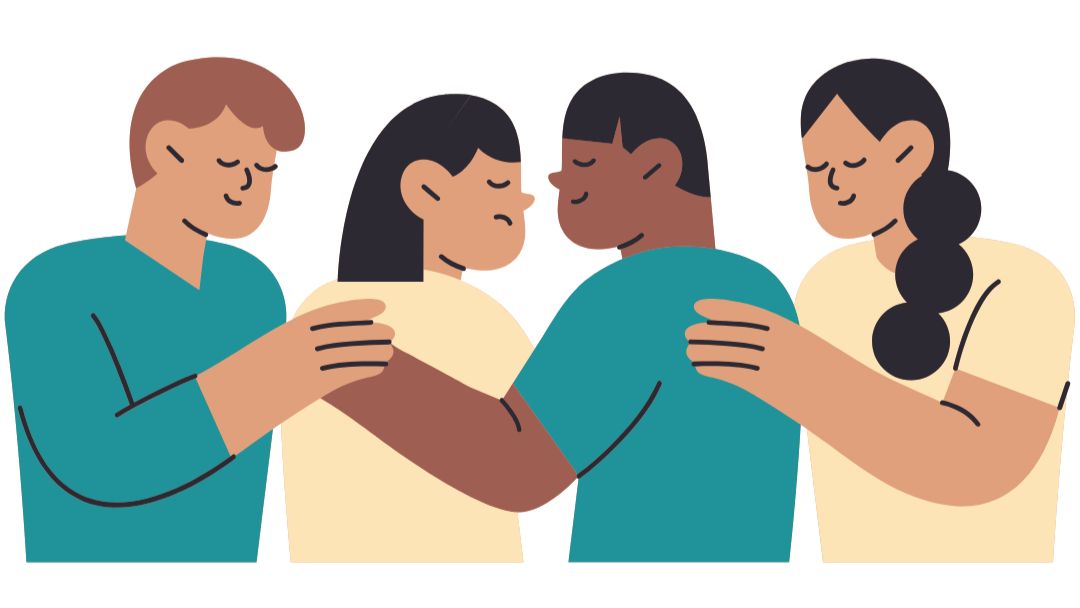Men and Women Can’t be “Just Friends.” Can they?
What defines cheating, from a marriage and family therapist perspective.
Couples can get into muddy waters when it comes to one person feeling really “off” about their spouse’s/partner’s “friendship” with someone who could become a romantic partner. This can lead to a lot of fights about what is cheating. Does it have to involve physical contact? These debates don’t actually sooth anyone: the partner who feels there is an inappropriate relationship stays upset and the partner in the other relationship feels judged and defensive.
What to do? Let’s define an emotional affair.
There are a few parts of it here.
- The first is obvious. It's a one to one personal relationship with somebody who could become a romantic partner. Even if you would never “do” anything, it is in the realm of possibility for you, or that person, to develop strong feelings.
- Secondly, there is, if you're honest with yourself, some sexual charge to the relationship. Even though it's not a primarily sexual relationship, you’re attracted and enjoy that attraction. There's some sort of sexual charge, and if you let yourself dwell on it, that charge could grow.
- The third part is the clincher: you don't tell your spouse/partner about what’s going on in the other relationship. You don’t go home and tell your spouse/partner what you and the other person shared, or you edit it carefully. If you’re the one being accused, now is the time to come clean. Share everything, including the reason you didn’t tell your spouse/partner about this person.
If you’re in such a relationship and you’re reading this going “Uh oh,” coming to realize that a friendship is probably going down a bad path, now is the time to cool down the friendship. You don’t have to be dramatic about it. There are plenty of adult friendships where “life” gets in the way and things peter out.
If you are the accuser and your partner is defensive and continues to argue they are in the right and you are simply being paranoid, it may be worthwhile to seek some marriage/couples counseling together. There is something bigger going on beyond the possible emotional affair. You and your spouse/partner have trust challenges. You are feeling really vulnerable and unsafe, and your spouse/partner is feeling defensive and treated like an untrustworthy teenager.
If your conflict about the other person endures, there are issues that a professional therapist an help you sort out.
If you are being suspected of an emotional affair and you are convinced it’s not so (maybe your spouse/partner has been jealous of every one of the opposite sex you’ve worked with), it’s in your best interest to help your spouse/partner feel more confident, and this may require a therapist’s help. Either way, couples therapy can help prevent more damage in the future. It’s not enough to just say “trust me—there’s no issue,” when you spouse/partner is torn up about another relationship.
Lastly, if one of you is uncertain about staying in the marriage/relationship, our practice has a specific protocol that can provide guidance and support as your next step. Please visit us at rosejunietherapy.com to book your free phone consultation.

We are excited to announce that we are now accepting AETNA insurance. Start by contacting us for a consultation and we can help you understand your benefits.
Enjoyed this message?
feel free to share it by clicking below



